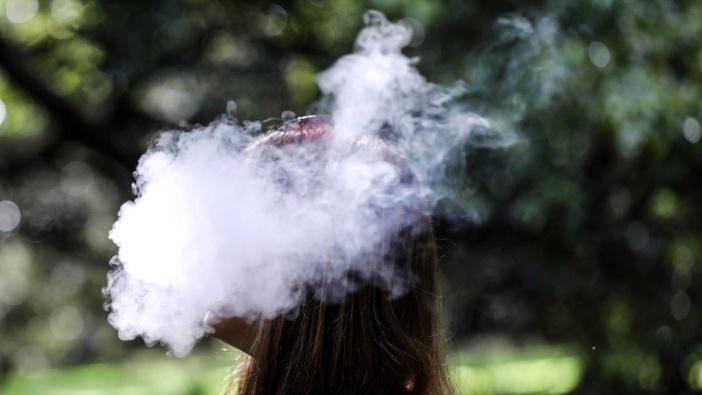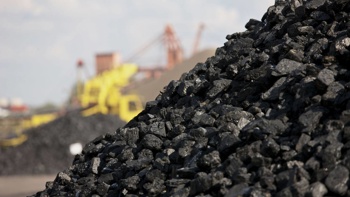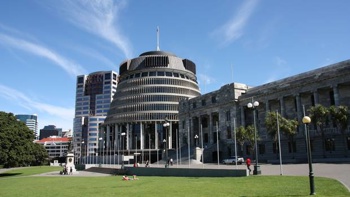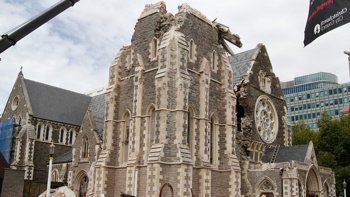Follow
the podcast on

Police appear much more likely to charge people for drug use/possession in Hawke's Bay, Gisborne, Auckland city and the Bay of Plenty than in the rest of the country.
The regional differences are revealed as the Government reviews an aspect of the Misuse of Drugs Act to ensure police discretion for charging drug users is applied consistently across the country.
It follows a law change in 2019, which clarified that police shouldn't prosecute for drug use if a therapeutic approach would be "more beneficial to the public interest".
The Herald has been tracking police use of discretion following the law change, and previous data showed police becoming less inclined to charge people for drug use/possession as their most serious offence.
New police data released to the Herald under the Official Information Act reveal how police, by region, use their discretion when they come across people with or using drugs.
People are often charged with drug use/possession along with other offences, so a better picture of the use of police discretion is captured when that is the most serious offence - which includes when it is the only offence.
In the four months since the election - when Health Minister Andrew Little sent a clear message that such people should almost automatically not be charged - police charged fewer than one in five people, or 18 per cent.
The rest were given either a warning or an alternative measure, such as a Youth Aid referral, family group conference, alternative action plan, community justice panel, or no further action.
Police were least inclined to charge for drug use/possession as the most serious offence in Tasman (7 per cent), Waitemata (7 per cent), Southern (8 per cent), and Central (10 per cent).
Drug Foundation executive director Sarah Helm said the regional differences amounted to a "postcode lottery, which depends on the district commander's interpretation of the law and the arresting officer's possible biases".
The foundation has been pushing for decriminalisation of drug use, and she said leaving it up to police wasn't fair on them.
"They're being asked to assess whether a person would benefit from a health intervention, and whether such an intervention would be in the 'public interest'. It is the role of Parliament to determine the law, not an individual officer."
Little said the data was "interesting".
"The exercise of police discretion under this legislation is under review by both the Ministry of Health and the Police, and I am awaiting that review. I expect it to explain the reason for regional difference."
The review is expected in August.
Eastern district charges most for cannabis and P
For the four months since the election, 10 per cent of those nationwide facing cannabis use/possession charges as their most serious offence were actually charged.
For methamphetamine, the proportion charged was 54 per cent.
Police in the Eastern district were again most likely to charge people for cannabis use/possession (21 per cent), as well as methamphetamine use/possession (68 per cent).
The next regions with the highest proportion of those charged for cannabis use/possession were Canterbury (14 per cent) and Counties-Manukau (14 per cent), while the lowest were Waitemata (2 per cent) and Tasman (4 per cent), followed by Waikato, Central and Southern districts (all on about 6 per cent).
Bay of Plenty (65 per cent) followed Eastern as the district with the highest proportion of those charged for methamphetamine use/possession, with Northland (64 per cent) next and then Auckland City (63 per cent).
The lowest, at less than half the rate as Eastern, was Waitemata (30 per cent), followed by Southern (33 per cent), Counties-Manukau (36 per cent), and Waikato (39 per cent).
According to the latest drug-testing wastewater results - for the first quarter of 2020 - the most per-capita use of methamphetamine was in Northland, followed by Eastern and Bay of Plenty.
The Labour Party's election manifesto included a promise to expand Northland's much-lauded Te Ara Oranga meth harm-reduction programme to "regions like the East Coast and Bay of Plenty" - though no funding has been allocated for this.
Helm said it was disappointing to see people continuing to be charged for P use/possession, despite the ability for police to provide a health referral.
"It may seem counter-intuitive because we have been taught that banning use is the best way to prevent drug harm, but decades have proven that theory to be very wrong. It drives the problem underground, preventing people from getting help."
Declining trend
Frontline officers were already trending towards charging fewer people before the election, but the trend seems to have accelerated since then.
For the 12 months before the law change, a third of people were charged. This fell to 24 per cent for the 15 months after the law change, and then to 18 per cent for the four months following the election.
Before the law change, well over 80 per cent of those caught with methamphetamine were charged, but in recent months it has dropped to 54 per cent.
Charges for cannabis use/possession has roughly halved from about 20 per cent before the law change to 10 per cent in recent months.
The number people engaging in health referrals given by police has also trended up in recent months, though it is still only 2.6 people out of every 100 facing the possibility of a drug use/possession charge.
Take your Radio, Podcasts and Music with you









